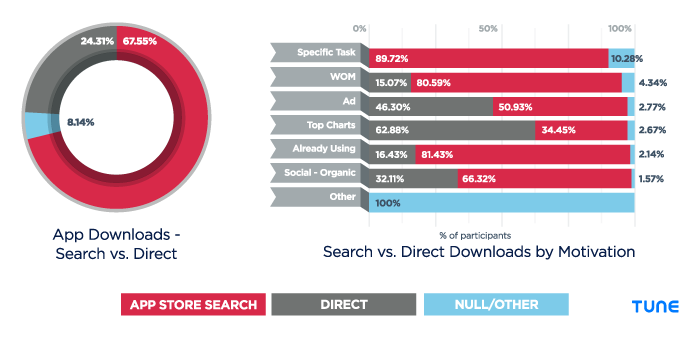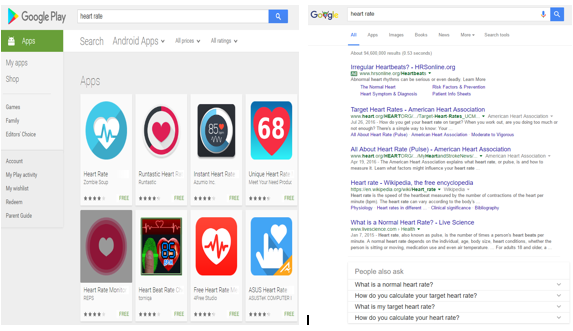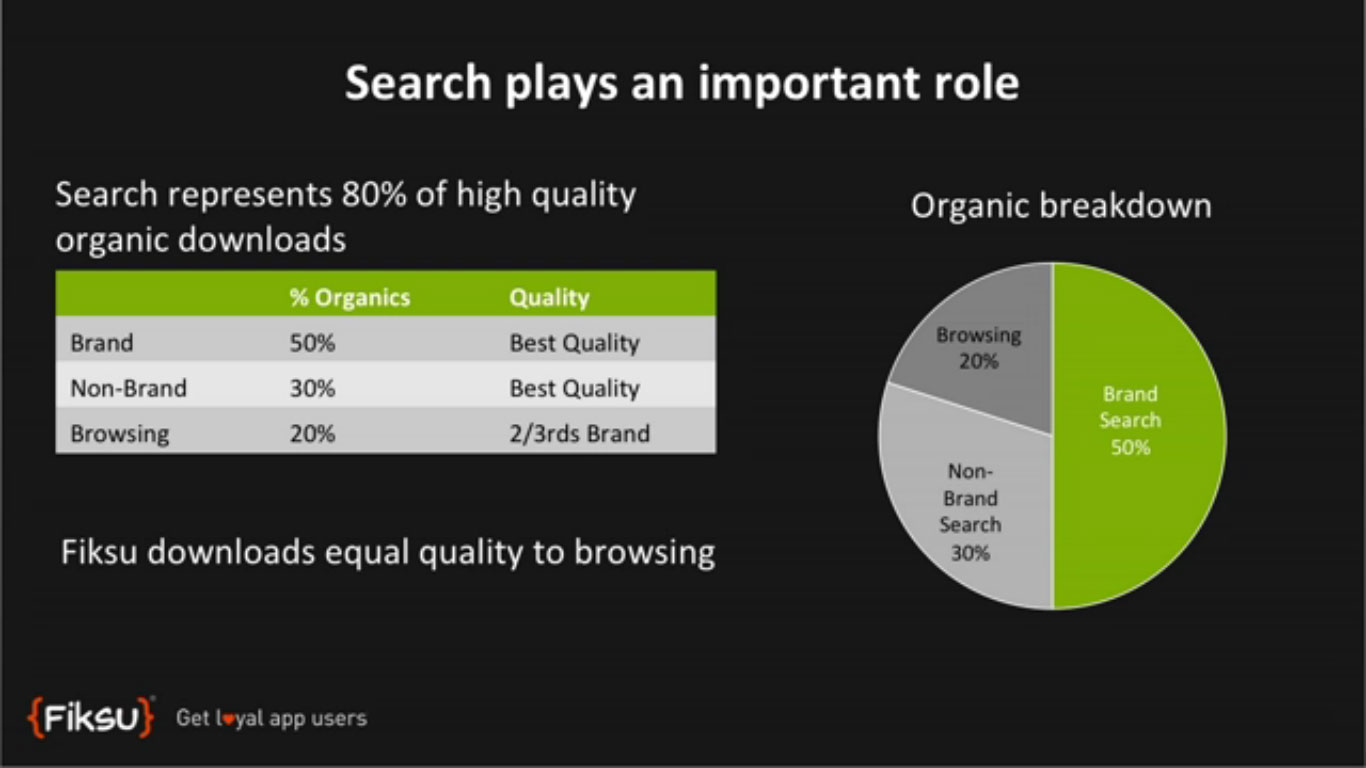As mobile usage continues to grow globally, apps have become the new marketing tools for businesses everywhere. Just like it’s important to optimize websites for search engines, it’s now essential to do the same for apps. The key difference is that apps need to be optimized for app stores where users search, instead of traditional search engines.
App store Optimization is critically important for app developers since more and more people are searching for and downloading apps through app stores. So where does this leave SEO? And are SEO and ASO in competition?
Several key stakeholders have sought to answer this very question. According to research conducted by Nielsen and Forrester Research in 2013, 63% of app discoveries were done through app stores. According to TUNE.com, in 2015, these numbers have slightly jumped as shown by the image below:

One of the conclusions from ‘The State of App Discovery in 2015’ a white paper from TUNE, was that;
No matter what channels or sources you’re targeting, search is obviously important. This data shows that you can’t think about app marketing without thinking about search because search dominates how users actually find their apps.
With the above observations and conclusions in mind, if you are wondering where ASO and SEO stand in the battle of optimization, we have a few answers for you.
Does SEO beat ASO? (or is it the other way around?)
Right now, there no simple answer to this complex question because it depends on what you want to achieve.
First of all, let’s talk about the similarities between the two processes.
Both place heavy importance on the relevance of the results to the query. As such, keywords are very important to both SEO and ASO.
Secondly, both are based on organic traffic and through search queries made by users.
The main difference between the ASO and SEO is that SEO is about ranking a website or content on a search engine while ASO is about ranking an app in a particular app store. The results that you will, therefore, get from doing both practices are quite different.
Further differences between SEO and ASO
There are some key aspects of ASO that are distinct from mobile SEO that highlight where we stand in the battle for optimization. They include the following:
1. User behavior when making searches:
When a user is in an app store making a search, they display different behavior and expect different results from when they make a search engine results.
In the above example, making a query for the word ‘heart rate’ on the Google Play store versus on the Google search engine page of a browser yields the above distinct results.
1. Search semantics differ
When a user searches in an app store compared to a web browser, the way they do it is different. The example above shows that the user’s purpose changes when searching in the app store versus when they search on the web.
When searching in the app store;
- In a majority of cases, the user makes a query of several words looking for the functionality of the app.
- The user also makes a search for a particular brand
- Users are often looking for an app that can serve their exact needs
For a web search, the user is either;
- Seeking information in order to know more about something
- They are looking to go to a certain website
- They are making a transactional query, or looking to buy something, or to take some action
2. Trends in search and in the app store
There is no question that the trends in web search and in app search are used to optimize results for the user. That being said, the trends in both are usually very different.
In web search, (and specifically when a user is looking for a particular app to serve them), the search trends are mostly related features of the app. In the app store on the other hand, the trends are mostly related to app ranking factors like installs, data from the last few days, and frequency of use.
Conclusion
There is very little doubt that both SEO and ASO are great ways to increase your chances of optimization for greater discoverability in search engines and in app stores. As such, instead of simply focusing on the battle between the two, it is better to treat the question with the complexity that it deserves and think.
Read more:

